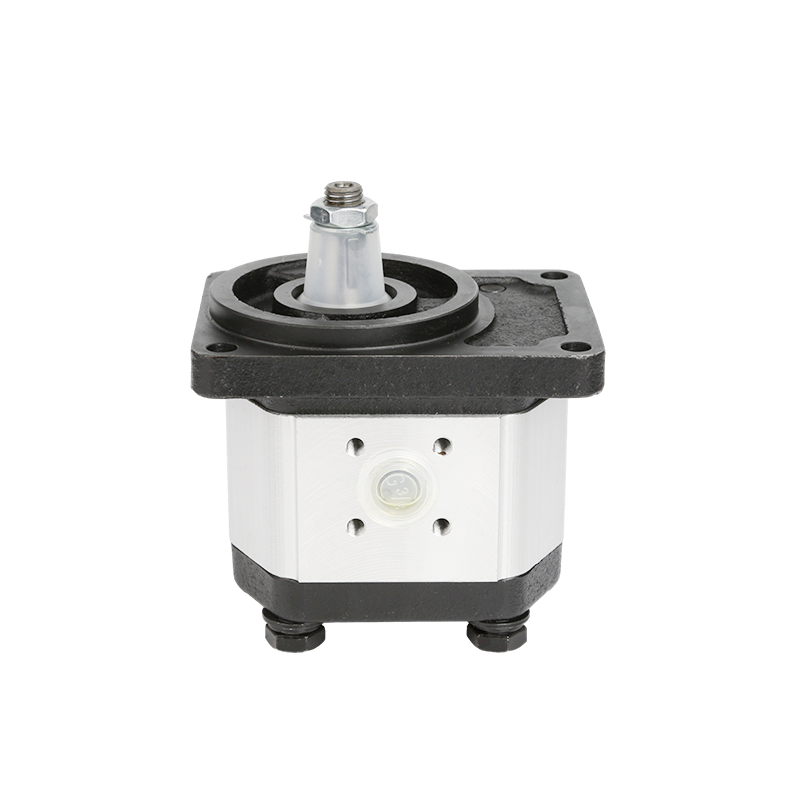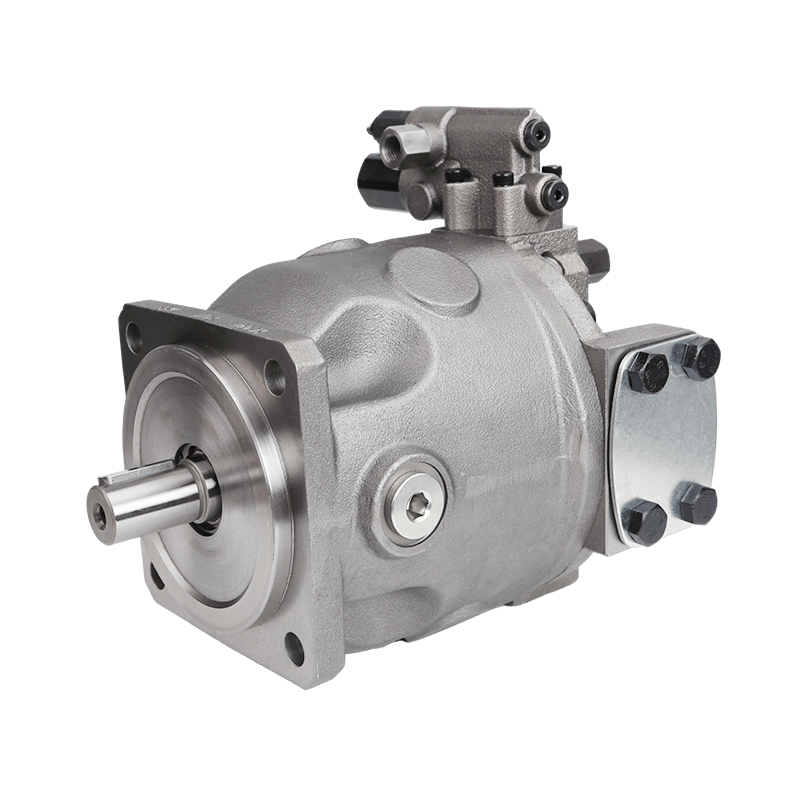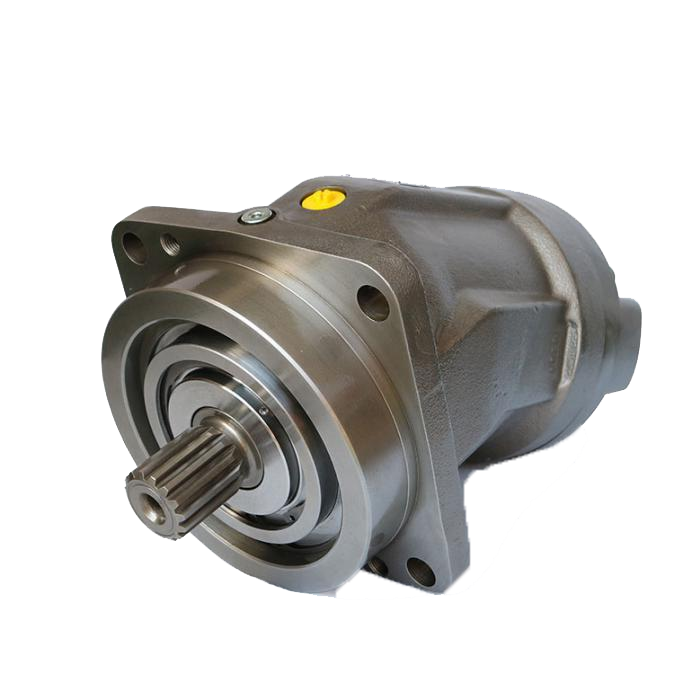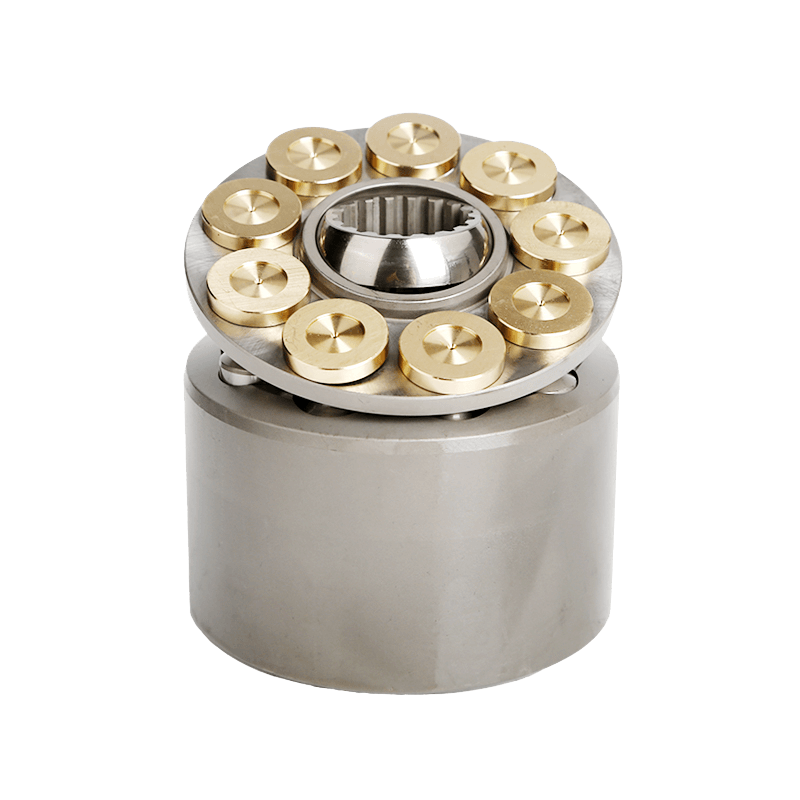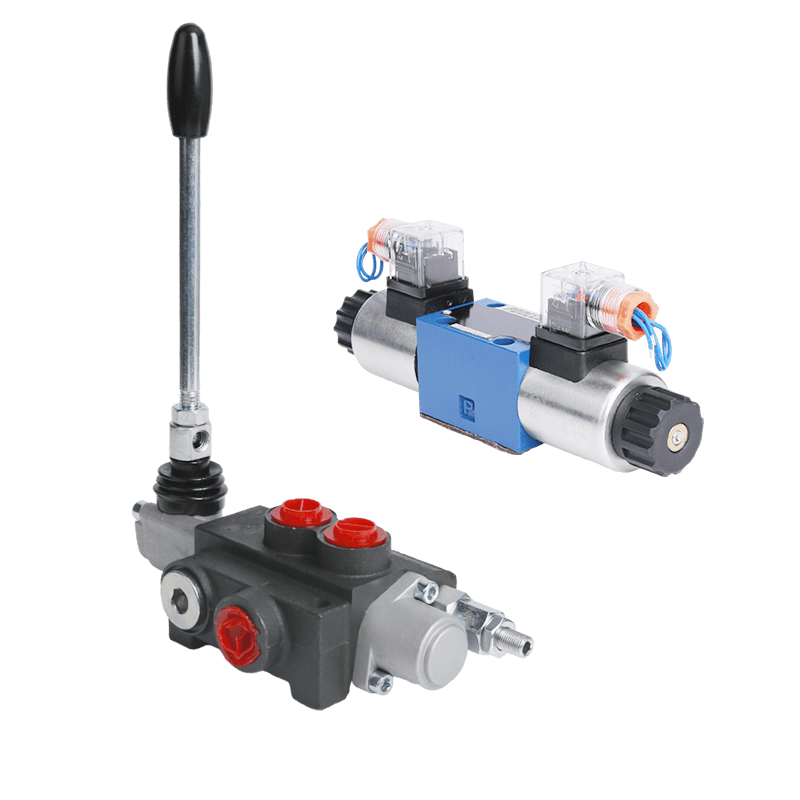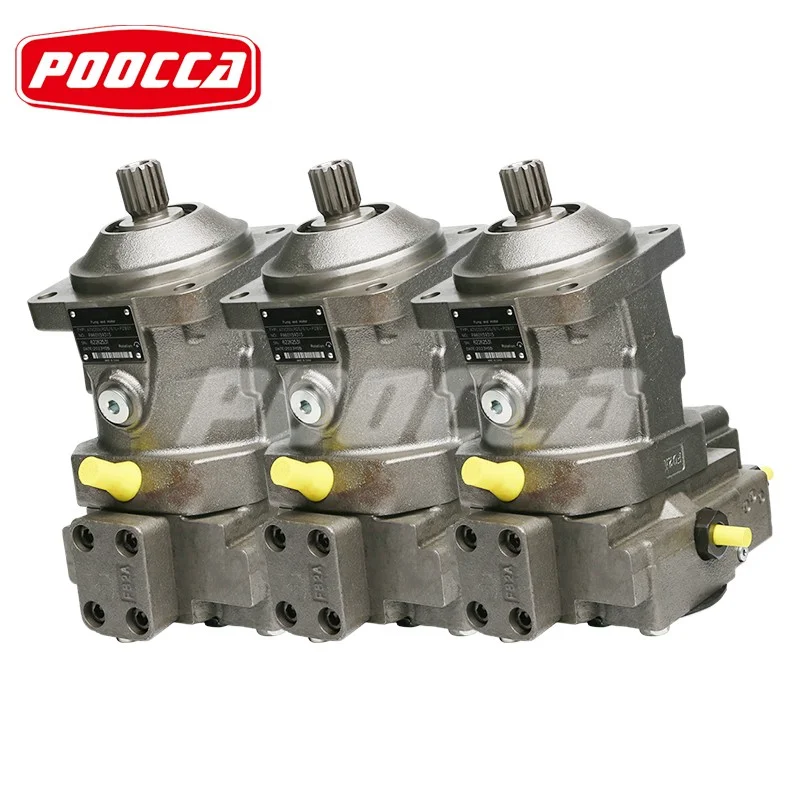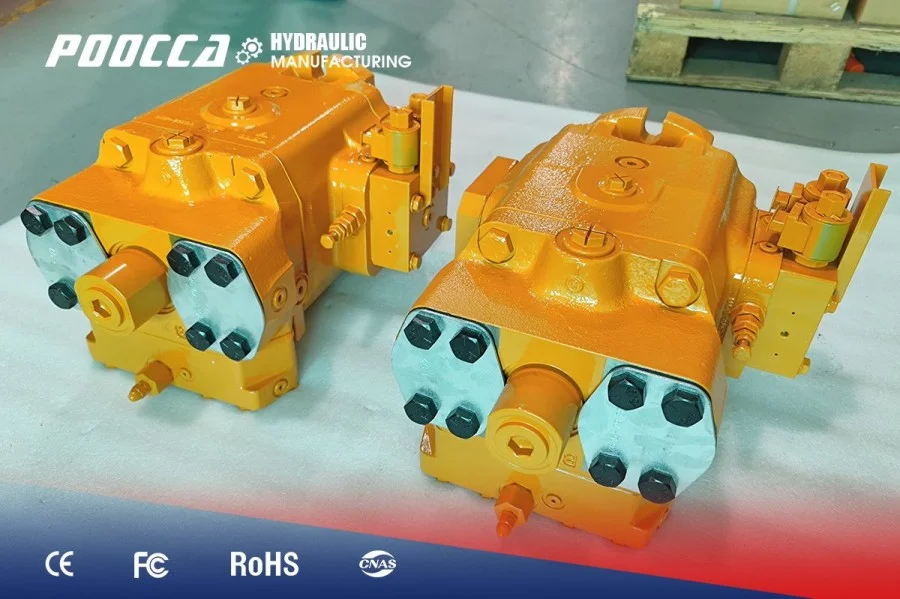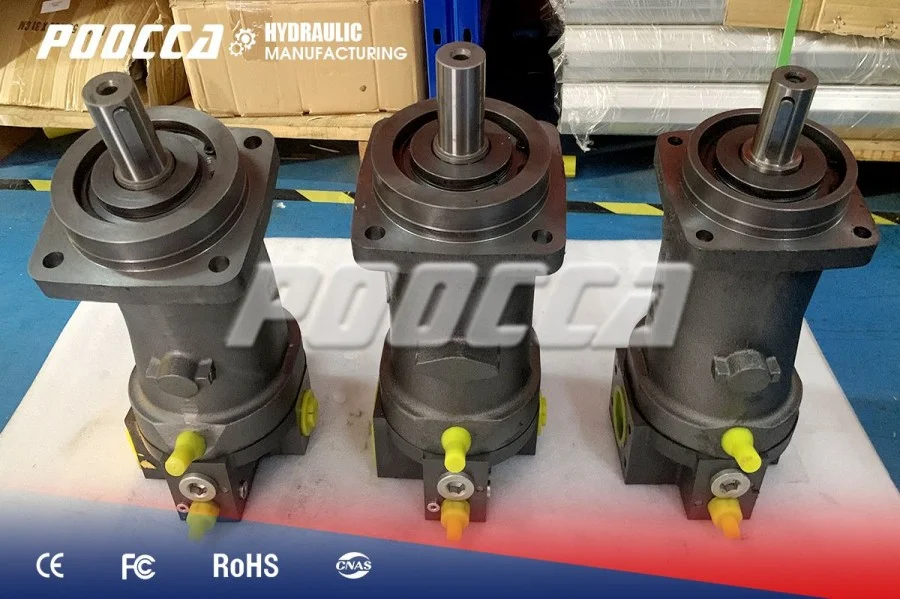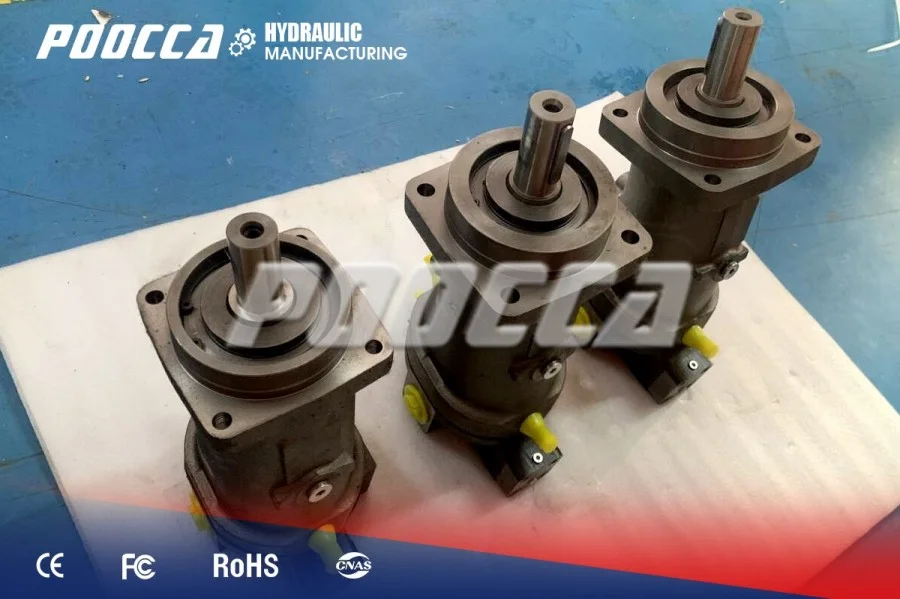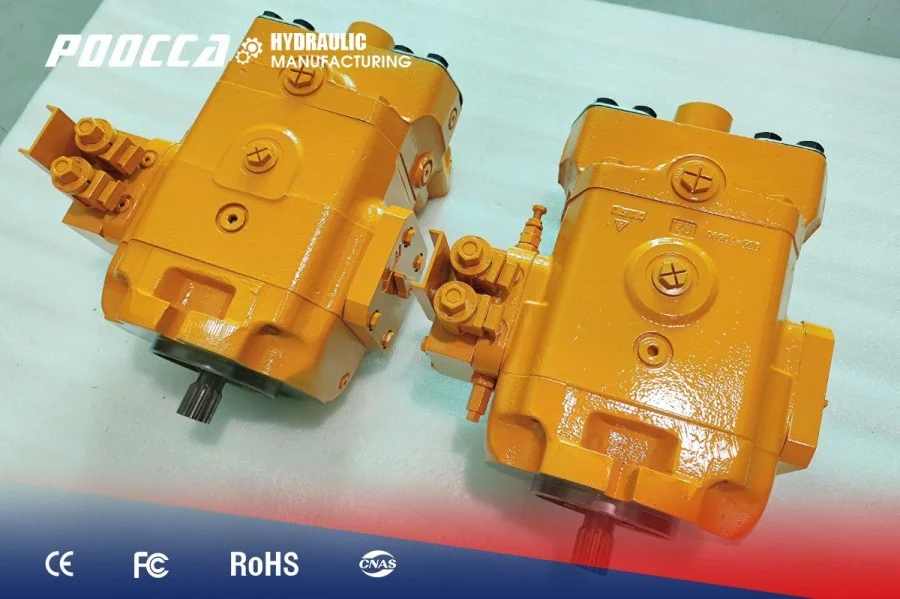Hydraulic piston pumps are applied everywhere, starting from building and construction machinery up to highly advanced aerospace applications. In their very core, hydraulic piston pumps are destined for converting mechanical power into hydraulic energy, which is dissipated to the respective system for its proper working and reliability. Sometimes, hydraulic piston pumps can be pretty difficult to understand. It tends to answer several common questions about the pumps and in general helps the audience at the B2B level understand where to look for appropriate providers and solutions.
Precisely what are the hydraulic piston pumps?
Hydraulic piston pumps come in that category of Positive Displacement pumps, which work essentially on the principle of power conversion from Mechanical to Hydraulic. In principle, their action is based on the inside cylinder reciprocating motion of the piston, which draws hydraulic fluid by vacuum means, after which at the outlet valve, it forces it out with high pressure. This accounts for the continuity of the flow of the fluid, hence explaining why piston pumps are indispensable for such systems that require high pressure and efficiency.
Applications vary and hence branched into numerous fields, but they are not limited to areas like construction, manufacturing, agriculture, even the making of ships. The operating conditions in the named sectors characterize both high pressures with a high degree of precision.
How Do Hydraulic Piston Pumps Work?
Hydraulic piston pumps function based on the reciprocating action of pistons. A partially created vacuum during the down-stroke of the piston in the suction chamber draws fluid into the pump. During its upstroke, it pushes the fluid out of the discharge chamber and yields continuous flow of high-pressure fluid. The working of valves and chambers within the pump works on a highly engineered process in order to pass on the fluid accurately and smoothly.
What Types of Hydraulic Pistons Pumps Exist?
Mainly, there exist two hydraulic piston pump types; axial and radial.
Axial Piston Pumps: In such type of pumps, the pistons lie parallel to the axis of rotation. The axial piston pumps bear high-pressure usage and hence find their applications in heavy machinery, autos, and aero planes. These have very good efficiency and strength; they can cope with the severe demands of up-to-date industry. A few popular models are the Rexroth A10VSO, Parker PV, and the Bosch Rexroth A4VSO.
Radial Piston Pumps: Unlike axial piston pumps, the pistons of radial piston pumps lie radially from the center axis. These are best suited for use in applications requiring compact design and high pressure-in the form of industrial presses, machinery in shipbuilding, etc. Less common when compared with axial piston pumps but no less important in their respective niches.
What Are the Advantages of Hydraulic Piston Pumps?
These few will be some prime reasons hydraulic piston pumps can be said to have importance in a high performance Hydraulic systems:
High Efficiency and Performance: High amount of efficiency as well as performance may be derived from the piston pump. Hence it provides very high conversion of energy without neglible wastes of energy transmitted and has flow or circulation that supports applications needing more functionality continuously.
Compact Design: Hydraulic piston pumps can be accommodated compactly in most machinery and equipment, which is an important aspect when industries have to deal with less space.
Durable and Long Lasting: A combination of high-quality material with precise engineering offers long life with low maintenance for hydraulic piston pumps. This will eventually add to reducing the overall cost during operation for a long period.
Precise Flow Control: The flow and pressure generated by piston pumps remain consistent; thus, they can serve industries needing great precision, like the production of medical devices or in machine shops. Application
Disadvantages of Hydraulic Piston Pumps
Hydraulic piston pumps have a few major advantages to their usage but a couple of disadvantages too:
Pulsation and Vibration: The nature of the reciprocating motion of pistons means that such pumps can easily induce pulsation and vibration into the hydraulic system. These at times create inefficiencies in operation or cause wear on related components.
Complexity: The complicated nature in design and functionality of hydraulic piston pumps makes them slightly challenging to service and repair as compared to less complicated versions. Maintenance requires good training and experience.
What are the major applications of hydraulic piston pumps?
There is hydraulic piston pump in practice by many industries, and there are several kinds of applications in which their power output is taken. A few of the major ones will be mentioned as follows:
Construction and Manufacturing: Actually, hydraulic for the construction machinery such as an excavator, bulldozer, and crane is provided by the hydraulic piston pump. Since they provide high pressure in compact size, they are suitable for such heavy-duty operations.
Aerospace: In aerospace, hydraulic piston pumps work in flight control systems and landing gear; areas where performance and reliability absolutely cannot afford to be compromised. They run smoothly and consistently under the very extreme conditions in flight.
Agriculture: From tractors, harvesters, and irrigation systems, hydraulic systems powered by hydraulic piston pumps provide all forms of farm machinery with the much-needed power to efficiently accomplish farming tasks.
Shipbuilding: The piston pumps find their application in marine uses, too, where the power delivered is used to operate everything from the steering mechanisms to cargo handling on a ship
How Much Maintenance Do Hydraulic Piston Pumps Require?
Preventive maintenance is the key to extending life and performance of hydraulic piston pumps. Some of the basic routine maintenance includes but is not limited to:
Wear Inspection: The seals, pistons, and cylinders wear out with time. Periodic wear inspection will point out impending problems that could lead to system failure.
Filter Cleaning and Replacement: Hydraulic systems want clean fluid to function ideally. Filthy filters hinder fluid flow and can even trigger pump failure; hence, these want regular cleaning and replacement.
Seals Integrity Check: Seals are an integrated part in keeping pressure and bar tight against leakage; hence they need to be checked on periodic basis to ensure that they remain intact.·
Overloading and overheating Monitoring: Operating piston pumps under over loaded conditions or on high temperature has the propensity of reducing the useful lifecycle considerably and thus they requires proper operating parameter to avert this type of untimely failure
How POOCCA can Help in Hydraulic Piston Pumps?
POOCCA Hydraulics has been one of the staunchest and longest-standing suppliers of quality hydraulic piston pumps that such companies have needed. Under the POOCCA umbrella, a wide range of axial piston pumps sells some top brands such as Rexroth, Parker, Vickers, and Yuken. Its hydraulic piston pumps are highly valued for their effectiveness, precision, and versatility in several industrial domains. Some of the key advanced features of hydraulic piston pumps include:
High Efficiency: the hydraulic pumps are designed to minimize loss in energy. It is possible to run a hydraulic system even when the hydraulic system faces a tough task with effectiveness.
Durability and Long Life: POOCCA has superior material pumps which have hard tests conducted in them for a longer duration and requires minimum maintenance.
Variety for Different Purposes: Whether it is an axial piston pump or a radial one, this company is ready for different applications that you will need because of the vast scale of variety in every pump.
How to Choose the Perfect Hydraulic Piston Pump for My Company?
A hydraulic piston pump has many things to be considered while one chooses it. They include:
Flow Rate: The flow rate may be the most critical component of a pump in selecting a system that will work. Ensure that your application’s flow and pressure fall within the specifications of the pump.
Operating Pressures: Applications differ in terms of pressure. One should be keen enough to get a pump that operates within the maximum pressure that your system needs.
Type of Pump: The system design and space limitation within which your system operates may require either the use of an axial piston or radial piston pump. Knowing what your application requires will help you know which one to use.
Conclusion
Hydraulic piston pumps are indispensable parts that power hydraulic systems in industries, institutions, and other sectors in modern times. Such a course is very important in allowing a business requiring reliable and efficient solutions to understand how such systems work, their advantages, and their needs in terms of maintenance. Only this way can companies be assured of getting quality, durable, and efficient hydraulic piston pumps where needs will be met to specification by partnering with reputable suppliers such as POOCCA. Whatever the industry may be-be it construction, manufacturing, or aerospace-there’s something from POOCCA that stands out for precision, versatility, and long-term value.

